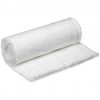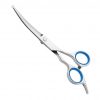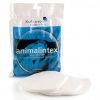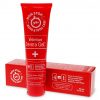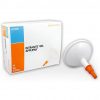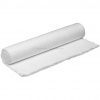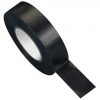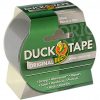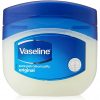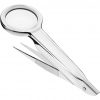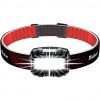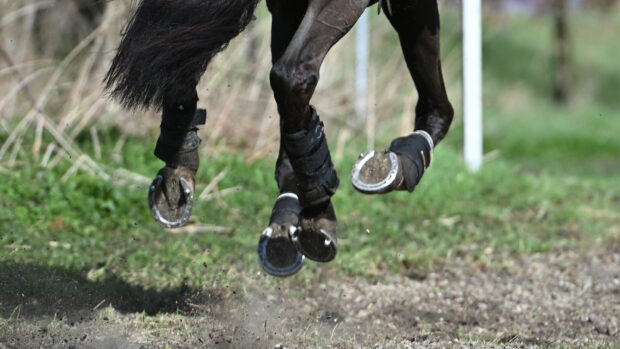Every horse owner and stable yard should have an equine first-aid kit that contains the items most likely to be needed to treat a minor injury or deal with a major accident while waiting for your vet to arrive. But what are these must-have items? We bring you everything you need to know…
Items should be kept in a clean box with a secure lid, preferably in a relatively dust-free area, such as a cupboard. The contents should be replaced as they are used or go out of date, so it is helpful to keep a list of what’s inside attached to the inside of the lid.
It is also a good idea to have a list of useful telephone numbers — such as your vet, a horse transporter you can call on 24/7 and your insurance company.
Equine first-aid kit essentials
1. Clean bowl or bucket
2. Clean towel
5. Round-ended curved scissors for trimming hair from wound edges
6. Antibacterial scrub
7. Packs of sterile saline — very handy when on the move
8. Ready-to-use poultice
9. Wound gel
10. Non-stick dressings
11. Gamgee and large sharp scissors for cutting it to size
12. A selection of bandages including:
- Stretch cotton bandages e.g. Knit-Firm
- Adhesive bandages
- Elastic conforming self-adhesive bandages (vet wrap)
- Tubular bandage e.g. Tubigrip
- Synthetic orthopaedic bandage e.g. Soffban
- A set of stable bandages
13. A roll of electrical insulating tape approximately 2cm wide
14. A roll of wide black PVC tape or silver duct tape
15. Petroleum jelly
16. Small pair of tweezers
17. Digital thermometer

Thermometer For Animal Owners, £7.95 at amazon.co.uk
This thermometer is designed for horses, pets and livestock, and comes with a protective case so that you can keep it clean.
18. Poultice boot or piece of thick clean plastic suitable to wrap around an injured hoof

WoofWear Medical Hoof Boot, £34.95 at amazon.co.uk
This hoof boot is ideal for covering a dressing or poultice. It’s available in 10 sizes to ensure the perfect fit.
19. Paper and pencil
20. A bright torch for inspecting wounds in poor light – a head torch can be useful as it leaves your hands free
21. Additional items that are also useful to have to hand include:
- A length of baler twine
- Rope halter
- Hoof pick
- Shoe removal kit i.e. buffer, hammer, pincers, pliers
- Wire cutters
In certain circumstances, your vet may prescribe particular medicines that cannot be obtained over the counter for your first-aid kit. This may happen, for example, if your horse has a recurrent problem. If the vet feels confident in your ability to detect the early signs and that immediate treatment is beneficial, sufficient medication may be left with you so treatment can begin while a visit is being arranged. Medication should only be used for the horse for which it has been prescribed.
NB: Always ensure both you and your horses are fully vaccinated against tetanus, so there is not a panic over every tiny wound.
It’s useful to also keep an equine and human first-aid kit in your lorry or towing vehicle, so should your horse suffer an injury while away from home, you are able to deal with the situation promptly.
You may also be interested in…

Essential horse health checks every owner needs to know

‘Know your horse’: how simple actions can save your horse’s life
‘If you can prevent deterioration until the vet arrives, you're going to do such an amazing thing’

12 essential pieces of first aid advice for an equine emergency
National pet charity Blue Cross has highlighted horse health care with some essential first aid tips for owners

The 5 most difficult decisions you’ll ever have to make as a horse owner
Horse owners and vets face difficult decisions everyday. Vet Roger Lee lists the toughest choices an owner will ever have

When should you call the vet for your horse?

Subscribe to Horse & Hound magazine today – and enjoy unlimited website access all year round
Horse & Hound magazine, out every Thursday, is packed with all the latest news and reports, as well as interviews, specials, nostalgia, vet and training advice. Find how you can enjoy the magazine delivered to your door every week, plus options to upgrade your subscription to access our online service that brings you breaking news and reports as well as other benefits.



